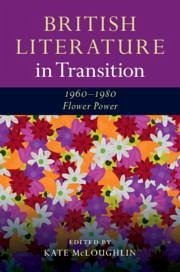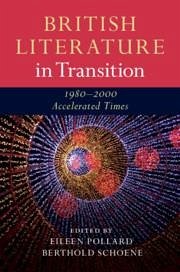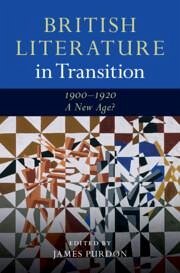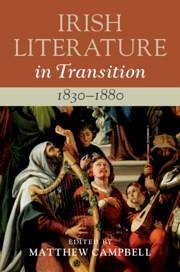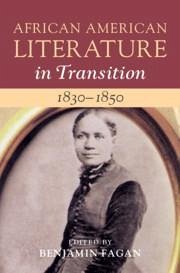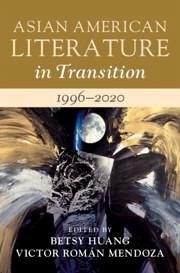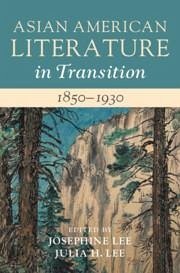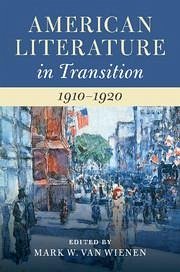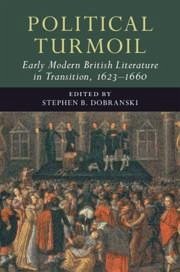
Political Turmoil: Early Modern British Literature in Transition, 1623-1660: Volume 2
Versandkostenfrei!
Versandfertig in über 4 Wochen
152,99 €
inkl. MwSt.
Weitere Ausgaben:

PAYBACK Punkte
76 °P sammeln!
Examines how seventeenth-century literature engaged with - expressed, shaped, and was influenced by - the tumultuous period in which it was composed.





